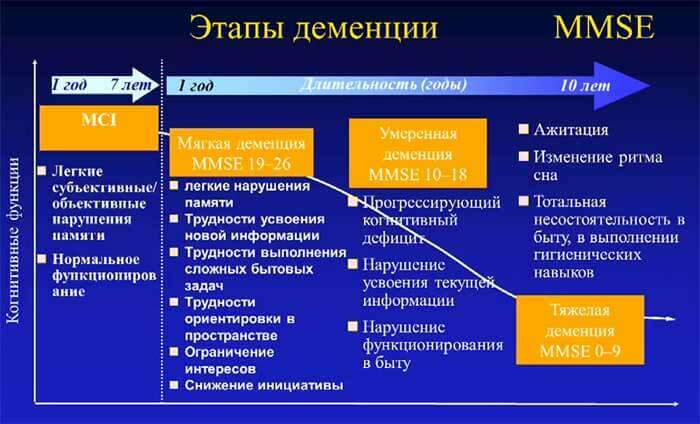Diseases of the nervous system

Our nervous system is responsible for the activity and interconnection in the body of all systems and organs. It unites the central nervous system, which consists of the brain and spinal cord, as well as the peripheral nervous system. The ailments of the nervous system are a diverse and wide field of pathologies of different etiology and symptomatology. This is explained by the fact that the nervous system has many branches and each of its subsystems is considered unique. Basically, the dysfunction of the nervous system affects painfully the functions of other internal organs and systems.
Types of diseases of the nervous system
All diseases of this system can be divided into infectious, vascular, chronically progressing, traumatic and hereditary pathologies.
Diseases of the nervous system of an infectious nature develop due to the pathogenic action of various viruses, fungi, bacteria and parasites. Primarily, the brain suffers, the peripheral nervous system is less likely to be affected. More common diseases of this group are malaria, measles, encephalitis, etc. Symptoms are: fever, severe headache, impaired consciousness, nausea and vomiting.
Vascular diseases are quite common and dangerous. Often they lead to disability and even death of the patient. This group includes circulatory disorders of an acute nature( strokes), as well as chronic cerebrovascular insufficiency, which causes brain failures. Vascular diseases are manifested by headaches, decreased sensitivity, nausea and impaired motor activity.
Chronic diseases of the nervous system occur due to the specific structure of the nervous system, as well as the pathogenic action of infections, metabolic disorders or intoxication. This group combines myasthenia gravis, sclerosis, and other diseases. Symptoms of diseases grow gradually, the viability of certain systems decreases.
Traumatic injuries of this system appear due to injuries, bruises or compression of the spinal cord or brain. Accompanying signs are headache, nausea and vomiting, mental disorders, decreased sensitivity, memory loss, etc.
Hereditary diseases of the nervous system can be divided into chromosomal( cellular) and genomic. The most common chromosomal disease of the nervous system is Down's disease. Typical symptoms of such violations are infantilism, dementia, violations of the endocrine system, as well as the motor apparatus.
Causes of diseases of the nervous system
There are various infectious agents among the causes of the diseases of the nervous system. These are bacteria( staphylococcus, streptococcus, meningococcus, pneumococcus);Viruses( chicken pox, herpes, mumps, HIV, measles, arboviruses);Parasites and fungi( cryptococcosis, toxoplasmosis, malaria).
Diseases of this system can be transmitted placental way during pregnancy( rubella, cytomegalovirus) and the peripheral nervous system. For example, acute poliomyelitis, herpes, meningoencephalitis.
Affects the nervous system lack of vitamins, malnutrition, as well as heart, kidney, endocrine diseases. Various pathological processes can develop under the influence of different chemicals, barbiturates, antidepressants, opiates, ethyl alcohol, poisons of plant and animal origin. It is also possible to poison with heavy metals, some medicines, alcohol, nicotine.
Also causes of diseases of the nervous system are tumors in the brain or their metastases, brain contusions, vascular disorders, heredity or chronic diseases( Alzheimer's disease, Parkinson's disease, chorea, etc.).
Symptoms of the diseases of this system, as a rule, appear in each case in different ways.
Treatment of diseases of the nervous system
Treatment of diseases depends on their type, symptoms, it is prescribed only by a specialist and requires intensive care in an inpatient setting.
To reduce the risk of developing diseases of the nervous system, it is necessary to diagnose in time, and also to treat infections, to avoid stress and fatigue, to eat fully, to lead an active and healthy lifestyle. If you have anxiety symptoms, you should always seek medical help.



